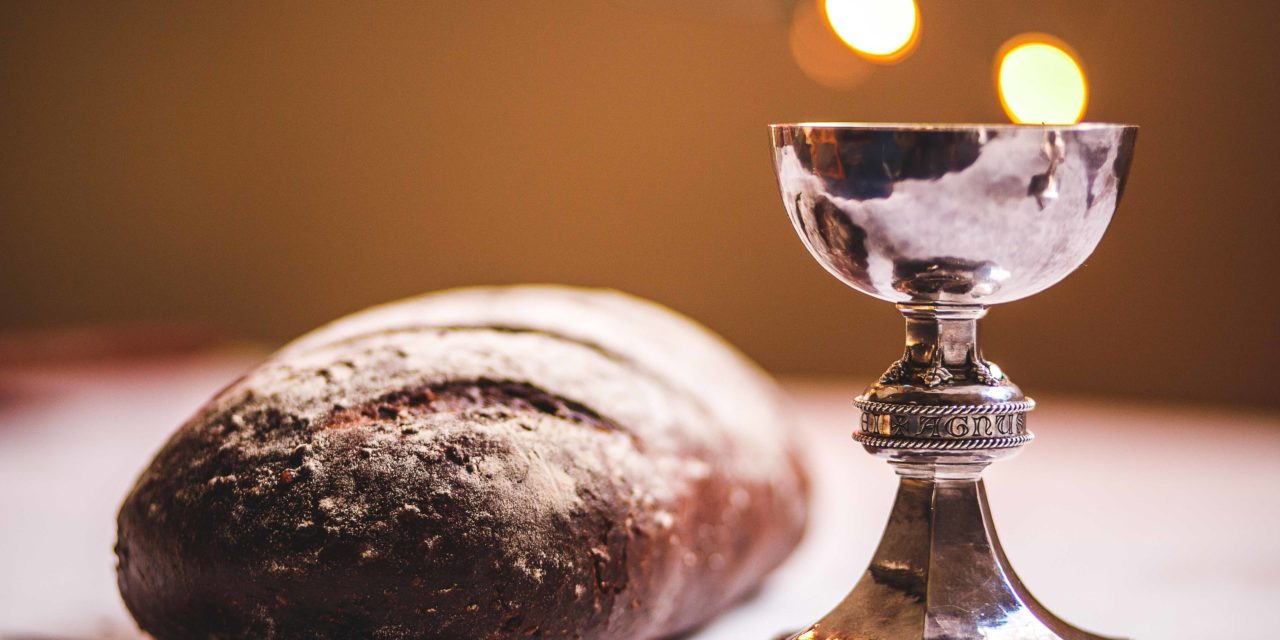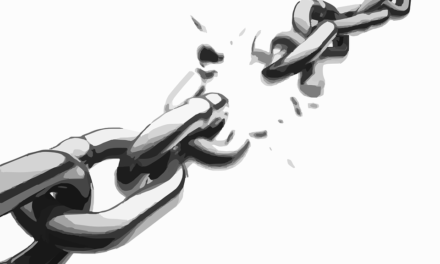For those who eat and drink without discerning the body of Christ eat and drink judgment on themselves. – 1 Corinthians 11:29 (NIV)
This verse tells us that there are dire consequences to not properly discerning the body of Christ as we partake in Holy Communion. It is therefore important for us to understand what “discerning the body of Christ“ actually means. As with anything in Scripture, it is vital to understand the context in which things are written. As one teacher once said, “A text, without a context, is a pretext.” In other words you can make any verse of Scripture mean what you would like it to mean if you take it out of its context.
The context
So, to understand the context of “discerning the body of Christ“ we need to at least read 1 Corinthians 11:17-34, if not the entire letter. Here we see Paul chastising the Corinthian church because of the several schisms that they had allowed among themselves (18). These divisions were based primarily on a cult of celebrity – we see this from Chapter 1 of the letter. They had vigorous discussions, aka quarrels, presumably on matters of doctrine and practice. This resulted in them taking sides. Some said they preferred Paul, others preferred Peter, still others Apollos, and some even thought Christ had good things to say. (Evidently, the Greek pastime of arguing vain philosophies in the academy had pervaded the church.)
We discern that at the heart of these divisions was spiritual pride (19).
In addition, when it came to the Agape feast, which was the backdrop for the Lord’s Supper, there was division based on economic disparity. The wealthy were eating and drinking to excess while others in their midst had nothing to eat (21-22). Paul rebuked them by declaring that because of these divisions, they might think that they were taking Holy Communion but in actuality they were not (20)!
As a result, he says, this is why they were being judged by the Lord and many were weak, sick and some were dying prematurely (30).
Pretty intense stuff.
The inferences
“Discerning the body of Christ” has nothing to do with the elements themselves – the body and the blood of Christ. It has everything to do with the body – the church – in Corinth. They were being severely reprimanded by their Apostle and Father because they were not keeping the unity of the one body of Christ. They were not giving value to the powerful reality that as they gathered to eat the Agape feast, of which the Lord’s Supper was a part, that they were the visible representation of the body of Christ in Corinth. That’s why Paul cried, “Is Christ divided?” It is one Lord, one Faith, one Baptism, one Body. What they were doing in fact was despising the church (22) rather than discerning the body.
This is what eating the bread and drinking the cup of the Lord in an unworthy manner is really all about (27). It has nothing to do with the elements themselves. It has everything to do with having a show of doing the right thing – celebrating the Agape feast and the Lord’s Supper – while at heart, being full of pride, offence and schisms. It’s looking like you’re unified when in fact you’re divided.
This makes a mockery of “do this in remembrance of me”. When Jesus’ body was broken and brutalized and his precious blood was shed at the whipping post and on the cross, it was his self-sacrificial, other-focused love that kept him there. This is the kind of love that compels us to live for God and for each other. This is the love that overcomes our pride, our offences and our divisiveness.
The lessons
What lessons can we apply from this passage to our current context? There are several but I’ll give three.
- Love Church. The Church is undoubtedly divided. Only God can make sense of all the schisms that have existed for millennia. But you and I have influence – and if you are a leader, authority – in your local church. Make every effort to keep the unity of the Spirit in the bond of peace in your local church community. Be diligent, be intentional. Help your fellow congregants high step over offences. Learn to live a lifestyle of forgiveness. Have soft hearts but thick skins when it come to relating to people.
- Start with you. Make sure that your own heart is free from offences. Deal with the hurts of life especially the ones from an early age that have served to shape, negatively, who you are today. Deal with the hurts and trauma that cause you to mistrust, be fearful and hold others at arms length. I know I’m working on my childhood issues of being bullied, having my will violated and my voice stolen from me. Let the Holy Spirit do some gardening in your heart to remove the rocks and boulders and create fertile soil so that you walk in great fullness of the presence and grace of God.
- Recognize pride. That insidious force that crouches at the doorway of our lives. It drives us to independence, entitlement and arrogance. As some have said, pride is the root of all evil. Rather, feed on the spirit of humility … let this mind be in you that was also in Christ Jesus.
I know that our church is committed to pursuing unity of the Spirit, truly living a shared life, and we believe that we will see the benefits of remembering Jesus in greater fullness as we do so. Amen!





This was so good, thank you!
very good Ramesh
well said